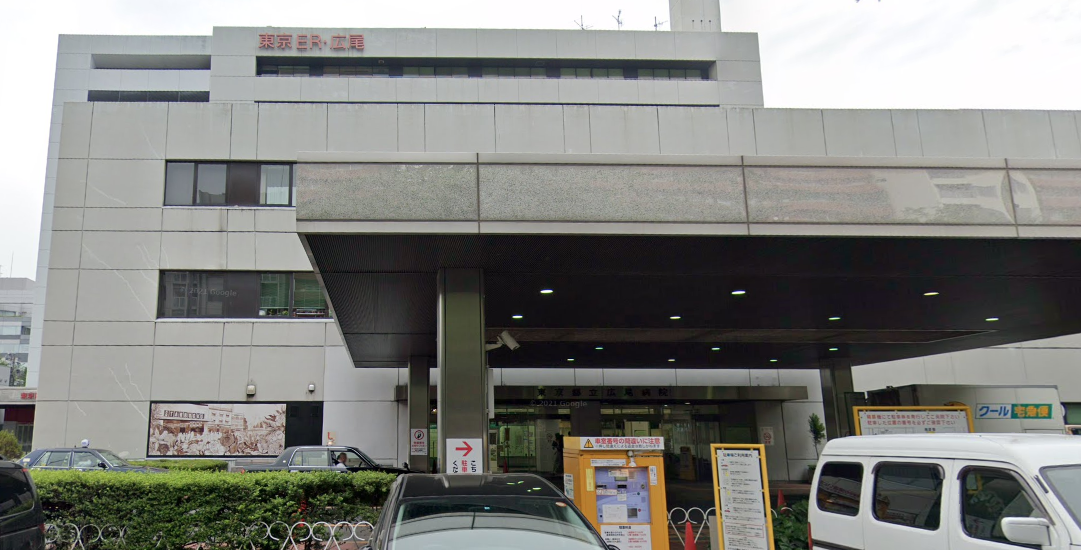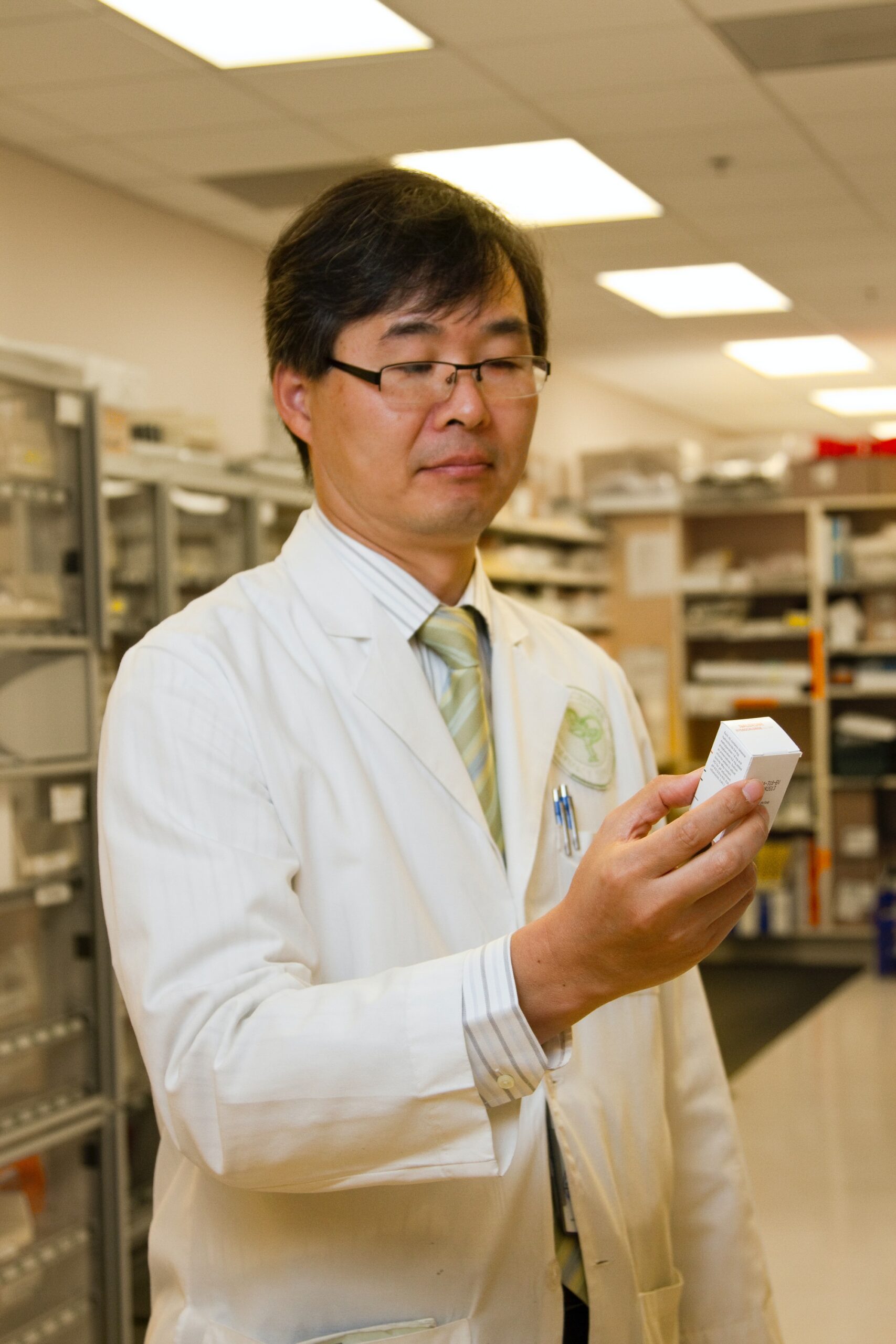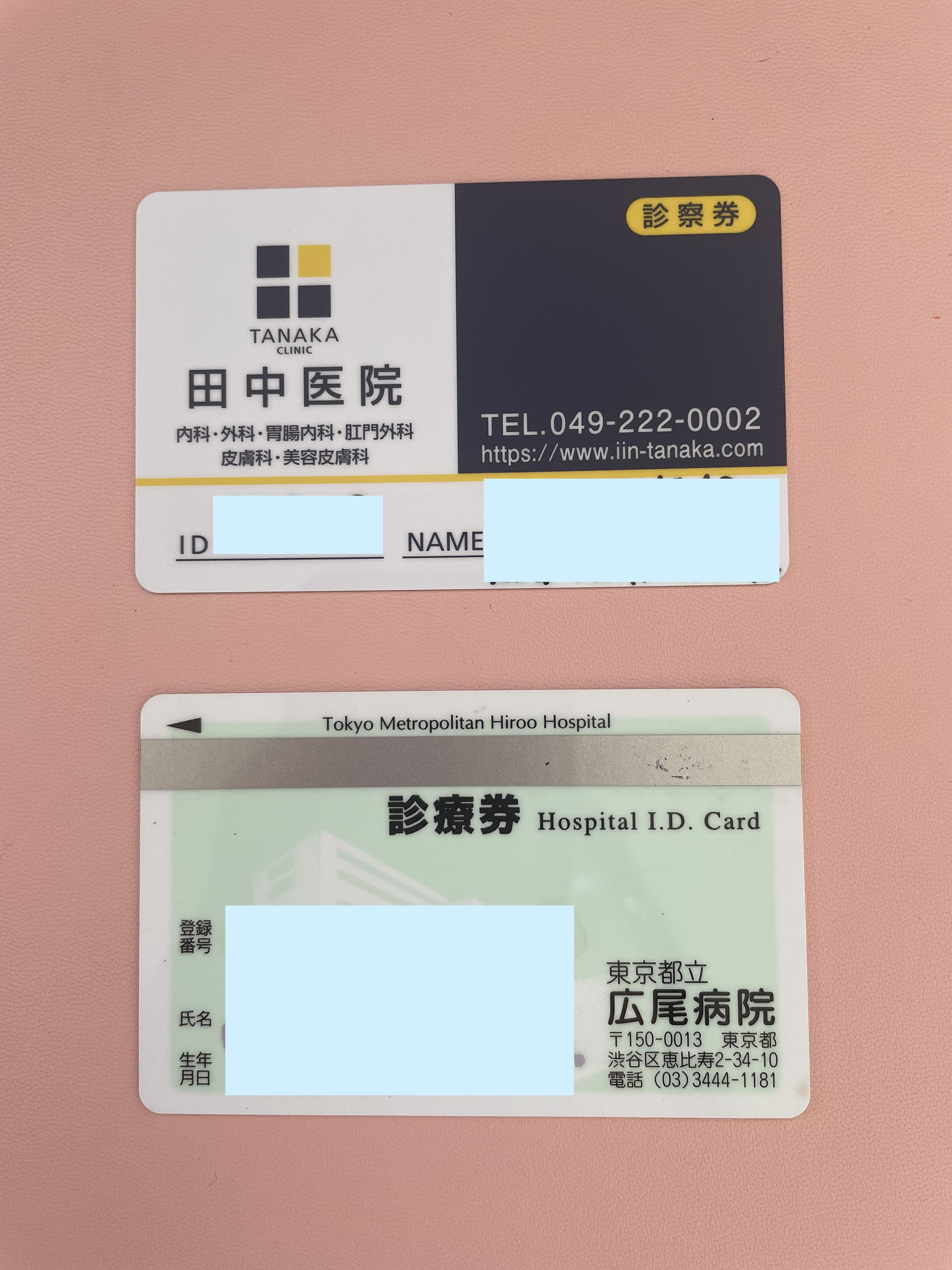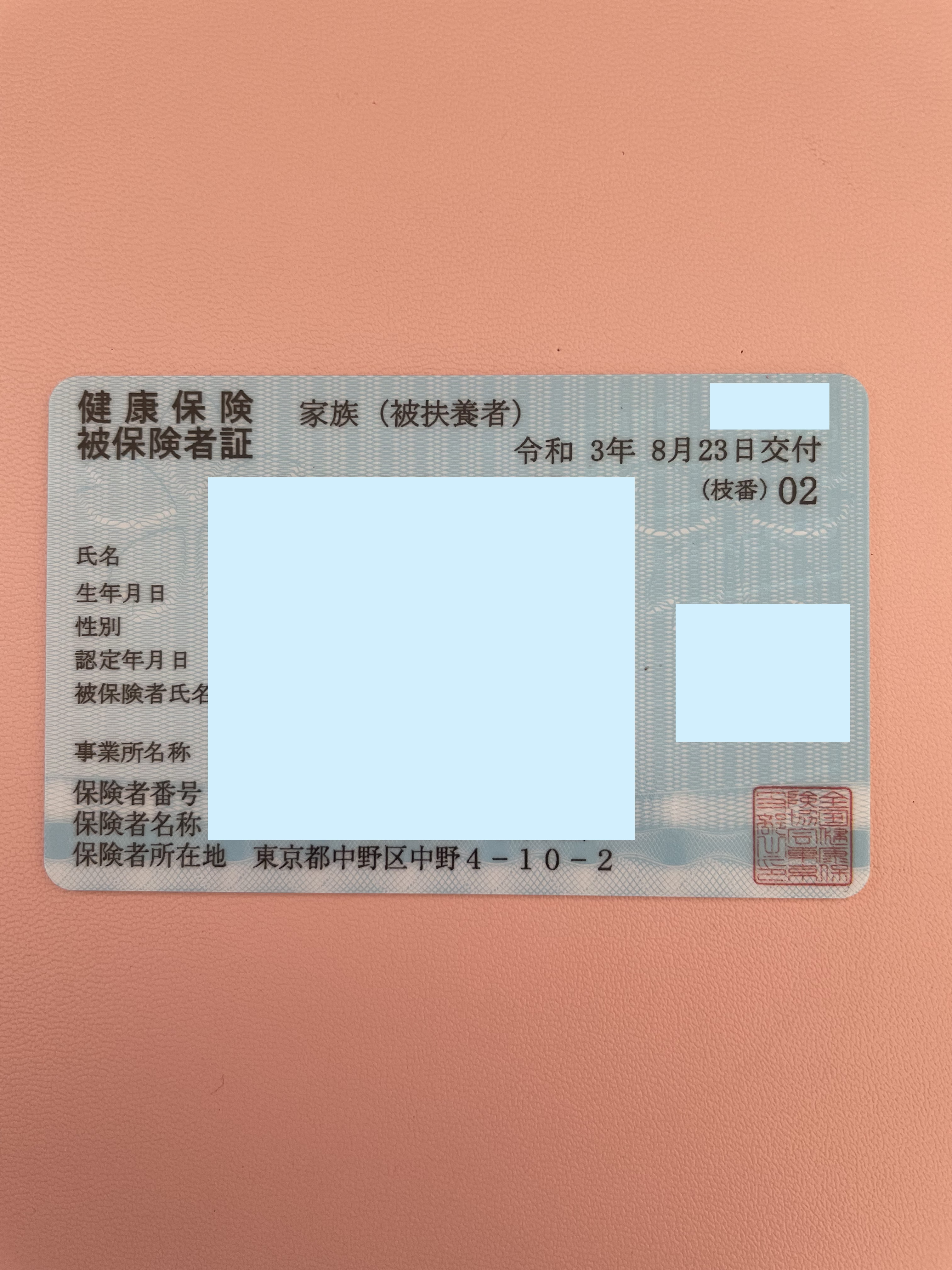Get the medical assistance you need, even in a foreign country, with this guide that explains the healthcare system in Japan.

How to go to a Japanese hospital and essential vocabulary to help you get by
No one can avoid getting sick at one point in their life. But what about needing medical care in a country where healthcare professionals speak a different language? Read on to get acquainted with the general flow of a clinic or hospital visit, plus some essential vocabulary and phrases to help get your point across.
Go to a clinic first if possible
Those who feel sick are advised to head to their nearest clinic for primary medical care. Japanese clinics are categorized per department, so do a quick Google search to get info on general practitioners and pediatricians for usual health issues or specialist clinics for more specific needs such as internal medicine, dental, OB/GYN, or dermatology.
Doing advance research or calling in advance also means you are acquainted with the clinic’s operating hours, although most are open on weekdays, from 9 am to 6 pm, with a lunch break in between. Take note that small clinics often don’t accept credit or debit card payments, so prepare cash just in case.
When you visit a clinic for the first time, you will get a clinic card which is issued per clinic for identification and tracking of records. Residents often have only one clinic they go to for a particular purpose, whether a dental clinic, OB/GYN, and so on. You present this card on your subsequent visits.
The cost of visiting a clinic for general consultation usually doesn’t exceed ¥2,000 if you have insurance. The fee doesn’t include medication, though.

Visiting a hospital in Japan
Visiting a hospital is like the upgraded version of a clinic and a one-stop venue for a bigger pool of health issues.
If the language is an issue, many hospitals in Tokyo offer multilingual consultations. This can be confirmed by a quick Internet search, with hospitals indicating what languages are available. The government prompted this service as more and more foreigners chose Japan for work and a place to settle down into.
While most hospitals in Japan allow walk-in patients for emergencies, it’s recommended to make an appointment in advance for other matters. Furthermore, try to book your consultation in the morning because the afternoons are often scheduled for return patients.
When you enter the establishment, you are given a number card which will be your primary identification in the hospital. The receptionist gives you an interview sheet requiring your basic information and health condition. Although these aren’t readily available in English, a quick scan through Google translate would suffice.
After you submit your health insurance card and interview sheet back to the receptionist, you then wait to be called. If you miss your number on the electronic display board, nurses often call your last name when it’s time to enter the consultation room.
Your doctor will guide you to the needed tests or next appointment (if any). When you’re done, you head back to the receptionist for billing. They would also give you your hospital or clinic card, so you don’t need to fill up the interview sheet on your next visit.
If you have a prescription, you can check out the hospital’s drugstore or go for another pharmacy such as Matsumoto Kiyoshi to get your needed medication.

Get equipped with these terminologies
If you end up in a hospital or clinic with minimal English-speaking staff or have a unique case that only Japanese doctors have experience with, you can come equipped with the following phrases to help you get by.
| English phrase | Japanese translation |
| I don’t feel well (a temporary illness) | Guai ga warui desu |
| My __ is painful | __ ga itai desu. (add totemo if something is very painful to help describe your condition) |
| I have a cold or fever | Kaze/netsu ga arimasu |
| I have a cough | Seki ga demasu |
| Explaining temperature. Ex. 38.5 degrees (C) | Sanju hachi ten go do |
| I feel nauseous | Hakike ga shimasu |
| Common vocabulary (English) | Japanese |
| Head | Atama |
| Eye | Me |
| Ear | Mimi |
| Gums | Haguki |
| Tooth | Ha |
| Throat | Nodo |
| Shoulder | Kata |
| Back | Senaka |
| Stomach | Onaka |
| Foot | Ashi |
| Cheek | Hoho |
| Internal organs | Zouki |
| Waist, lower back | Koshi |
| Diarrhea | Geri |
| Constipation | Benpi |
| Allergy | Arerugi |
| Hay fever | Kanfunsho |
| Itchy | Kayui |
| Medicine | Kusuri |
| Cough syrup | Sekidome |
| Painkiller | Itamidome |
| Medical prescription | Shohousen |
If you need extra assistance explaining more complicated conditions to your doctor, feel free to contact the hotline often offered by your city hall for foreign residents. This department caters to foreigners within a community and can be reached during business hours to help you with any concerns, including translating or interpreting information over the phone.

The importance of having insurance
One of the most important things to bring with you when visiting a clinic or hospital in Japan is identification in the form of a health insurance or travel insurance card. You will be asked this question at the reception, so it’s advised to prepare it beforehand.
Your health insurance card or hokenshō (保険証) can be the National Health Insurance (Kokumin Kenko Hoken 国民健康保険) or Social Insurance (Shakai Hoken 社会保険). The first is managed by the local government to reduce financial burdens up to 70 percent of healthcare costs on members. This is paid monthly (about ¥2,000) and covers medical exams, vaccinations, pregnancy and childbirth, extra costs when hospitalized in a private room, cosmetic surgery, and orthodontic procedures. Foreigners staying in Japan for three months or longer are mandated to sign up for this insurance.

Social Insurance, on the other hand, is for full-time employees. The company applies for the health insurance on the employee’s behalf, the amount deducted from monthly salaries. This insurance type can also be extended to dependents such as the spouse or children of the employee. Social Insurance has a broader coverage and is more comprehensive than the National Health, wherein it functions like health insurance, industrial injuries (accident) insurance, unemployment insurance, and pension benefit.
It is understandable to feel nervous about going to a clinic or hospital in Japan, especially if you haven’t mastered the language. However, many foreigners can confirm that their visits to the hospital or clinic weren’t so scary. Doctors are professional, while nurses are accommodating. Hopefully, you get the proper medical assistance for your concerns without a hitch!



